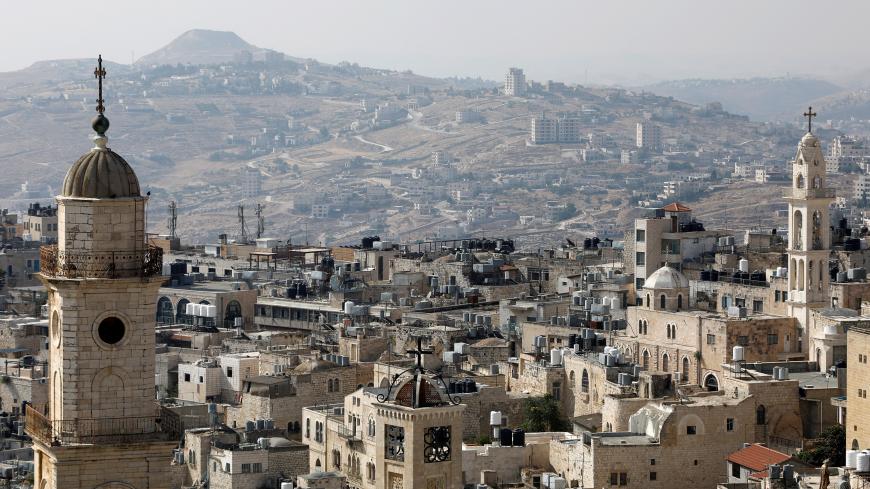Israel and the Palestinian Authority (PA) reached an agreement Aug. 22 for the transfer of 2 billion Israeli shekels ($566 million) to the latter’s empty treasury. The agreement offers the PA an exemption from taxes for the gas it buys from Israel (applied retroactively to the past seven months), thus throwing an economic lifeline to the PA and its employees. It might even prevent a continued escalation in the West Bank.
The crisis began in February when Israel started to implement the Deduction Law, authorized by the Knesset in July 2018, by which it deducts about 45 million shekels ($12.7 million) a month from the taxes and customs it collects on behalf of the PA. In response, Palestinian President Mahmoud Abbas refused to receive the rest of the money collected on behalf of the PA — about a half billion shekels ($141 million) a month, which constitutes more than half of the PA’s monthly budget. All this led the PA to a grave economic crisis and a significant cut in salaries for its employees, including for security personnel. Even promised aid from Arab countries did not cover the enormous deficit.



